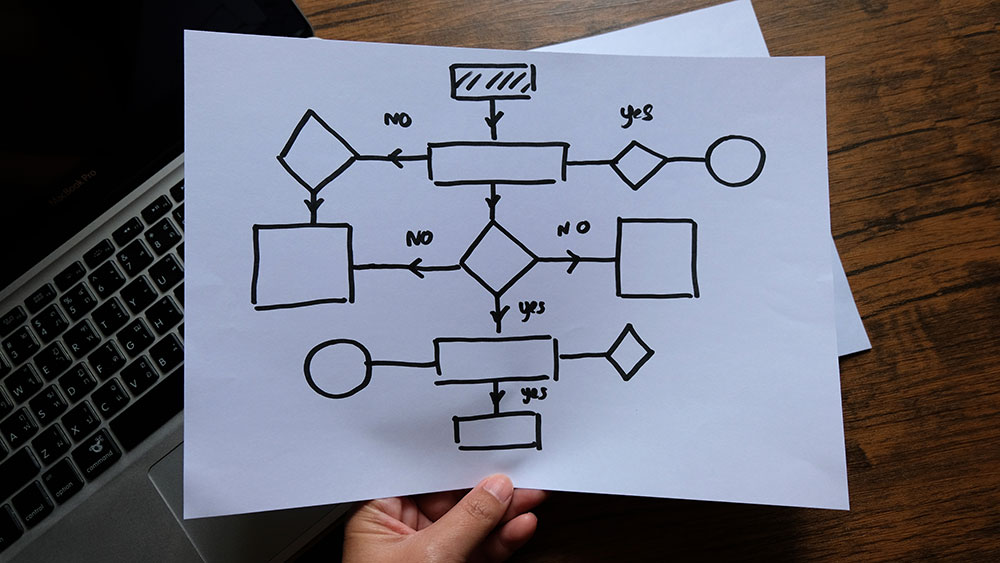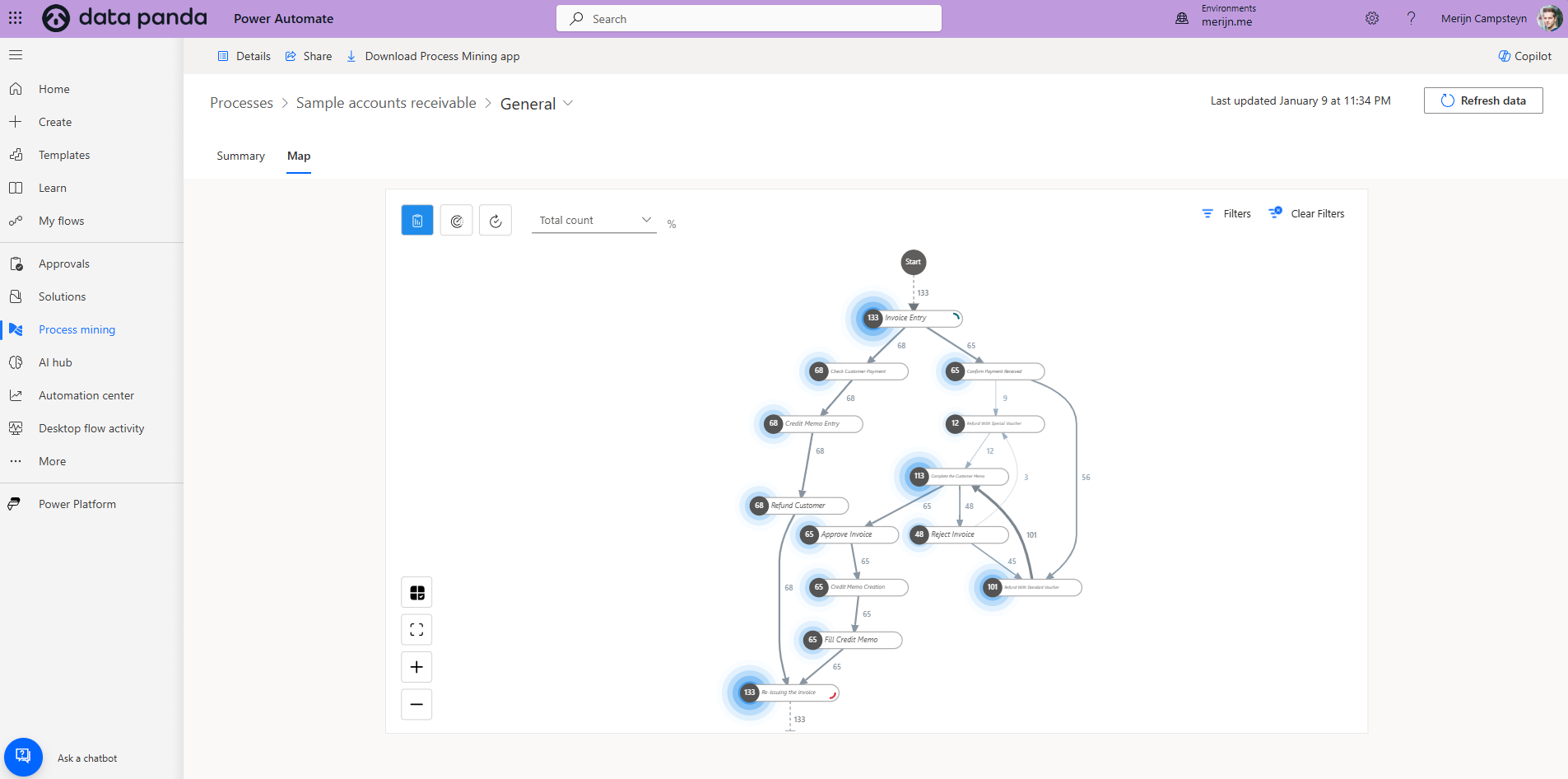Is AI going to make human jobs disappear? History tells a different story
Every time a new technology comes along, people worry about jobs. Some say AI will make millions of people unemployed. Others say it’s just another trend that will fade. The truth is somewhere in the middle. AI will change work, but it won’t replace people.
The radiologist that never disappeared
In 2016, Geoffrey Hinton, one of the pioneers of deep learning, said we should stop training radiologists. He was sure AI would do their job better within five years. That didn’t happen. Almost ten years later, radiologists are more in demand than ever.
AI tools can now read scans faster and often more accurately than humans. Yet instead of making radiologists useless, it made their work more valuable. Because when scanning got faster and cheaper, hospitals started doing many more scans. That created more need for people to interpret results, plan treatments, and talk with patients.
Economists call this Jevons Paradox. When technology makes something easier or cheaper, demand often grows instead of shrinking.
History keeps proving it
We’ve seen this pattern again and again.
In the 1960s, container shipping made transport 90% cheaper. Some dock workers lost their jobs, but global trade exploded. It created huge new industries in logistics, freight, and distribution.
In the 2010s, cloud computing made IT infrastructure much cheaper. Old-school system admins became cloud engineers and DevOps experts, managing far larger systems.
As GPUs became faster and cheaper, demand for them shot up. Nvidia’s value reached record highs because everyone suddenly needed more of them.
Every time something gets easier or cheaper, we end up doing more of it. AI will be no different.
What really changes
AI will make certain tasks faster. It will write first drafts, handle simple customer questions, and fill in forms automatically. But that doesn’t mean those jobs disappear. It just means the human role shifts.
Instead of doing everything by hand, people will oversee, adjust, and guide the process. A customer service agent might manage automated chat systems. A data clerk might focus on improving data quality. The boring parts of the job go away, leaving space for more meaningful work.
New kinds of work
As more routine work gets automated, new types of jobs will appear. Companies will need people who can:
Keep an eye on automated systems and correct them when needed.
Train digital tools to understand company data.
Turn automated insights into real business actions.
So no, AI doesn’t remove the need for people. It moves human effort to where it matters more.
What it means for your business
If you run a company, the question isn’t “Will AI replace my team?” The real question is “How can AI help my team do more of what they’re good at?”
When technology handles repetitive work, your people can focus on better service, smarter decisions, and more creativity. Businesses that learn to use AI early will move faster and grow stronger.
AI won’t end work. It will change what work looks like. Just like the internet, it will remove dull tasks and open new opportunities. The winners will be the ones who use AI to make their teams stronger, not smaller.
And if you're a small business owner you have the opportunity to gain a competitive advantage. The big enterprises move slow. They talk a lot about AI but when it comes to real adoption they're still taking baby steps. Now is your chance to shine. You're not yet late to the came. AI, and GenAI especially is just maturing. The real use cases are being identified. If you manage to embed AI in your daily operations, get everyone in the organisation on board, and move fast you can become a leader in your space.


